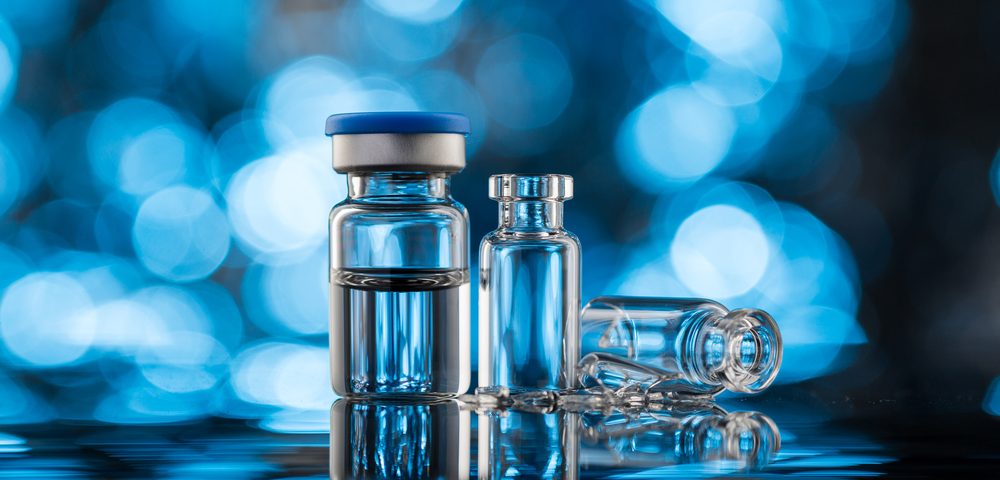Researchers have identified a compound that promotes cartilage repair and may be used to treat juvenile arthritis, avoiding the need for joint replacement.
The compound, called the Regulator of Cartilage Growth and Differentiation, or RCGD 423, was found to improve the healing of cartilage in laboratory rats.
Findings were reported in the study, “Drug-induced modulation of gp130 signalling prevents articular cartilage degeneration and promotes repair,” published in the journal Annals of Rheumatic Diseases.
Inflammation in juvenile arthritis can lead to damage to cartilage in the joints. RCGD 423 appears to both reduce inflammation and promote healing of cartilage.
RCGD 423 communicates with a molecule in the body called the gp130 receptor. Normally, gp130 receives two types of signals: one that promotes cartilage development in embryos, and one that triggers chronic inflammation in adults.
RCGD 423 helps gp130 to receive developmental signals that stimulate the regeneration of cartilage and to block inflammatory signals that can lead to cartilage damage in the long term.
When the research team treated joint cartilage cells in the laboratory with RCGD 423, the cells multiplied more and died less. When it was injected into the knees of rats with damaged cartilage, the animals’ injuries healed more effectively.
Based on these promising results, the team is planning a clinical trial to test RCGD 423, or a similar molecule, as a treatment for osteoarthritis or juvenile arthritis.
“The goal is to make an injectable therapy for an early to moderate level of arthritis,” Denis Evseenko, MD, PhD, head of the team, said in a press release. “It’s not going to cure arthritis, but it will delay the progression of arthritis to the damaging stages when patients need joint replacements, which account for a million surgeries a year in the U.S.”
Evseenko is an associate professor of orthopedic surgery and stem cell biology and regenerative medicine at the Keck School of Medicine of University of Southern Carolina.
Analogs of RCGD 423, molecules with similar chemical structures, were also found in the screening of 170,000 compounds used to single out RGD 423. The analogs have a variety of biological effects and potency. The team considers RCGD 423 the prototype of an entirely new class of anti-inflammatory medication to treat several conditions including lupus, rheumatoid arthritis, jaw arthritis, baldness, and neurological and heart diseases.

